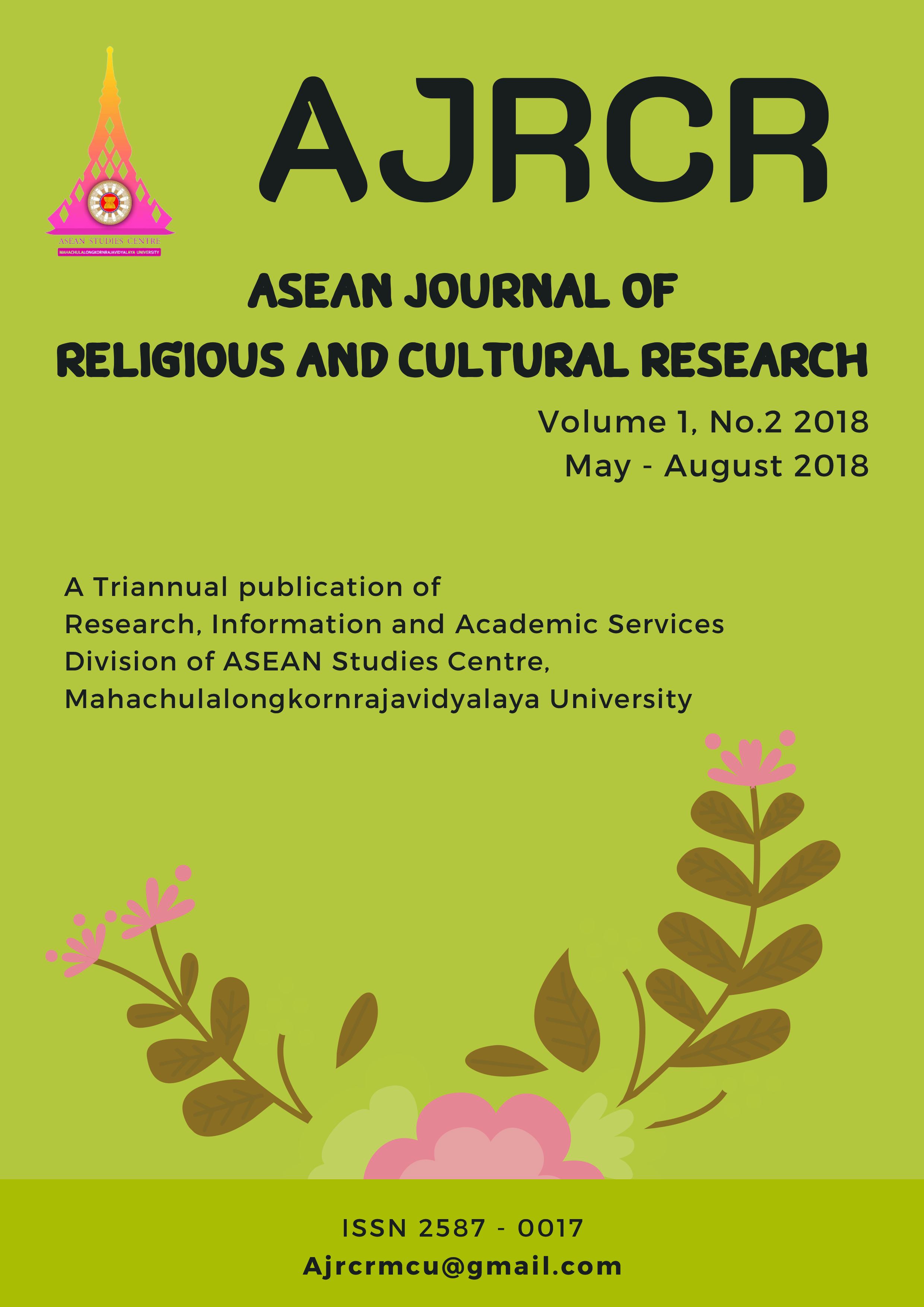THE EPISTEMOLOGICAL CHALLENGE OF KIERKEGAARD’S TRUTH IS SUBJECTIVITY PRINCIPLE: A CASE STUDY IN THEOLOGICAL HERMENEUTICS
Keywords:
Søren Kierkegaard, epistemology, truth, reason, subjectivity, science, faithAbstract
Kierkegaard rejects the modern concept of objective knowledge and focuses instead on subjectivity, defined as ‘inwardness’ and ‘passion’ in determining what might be called ‘relevant’ or ‘existential’ truth. Truth should thus be understood as an objective uncertainty appropriated passionately by the inward reflective experience of love and faith of the reflecting and experiencing self. Such ‘Kierkegaardian’ primacy of existential experience (of doubt, love, anxiety, faith) in epistemology implies that one must continue to discover the truth about morality and life, as one tries to live out that truth through the existential decisions that one makes each day. The proud pursuit of objectivity without a recognition of human limitations, and the dimension of subjectivity in the process, has proved to be a dead end that emits the stench of manipulation, loss of human dignity, and finally nihilism. Understanding the limits of reason will help us avoid the pitfall of ‘scientism’.






